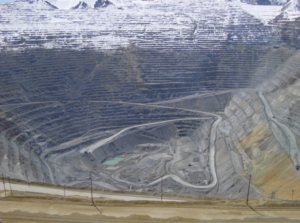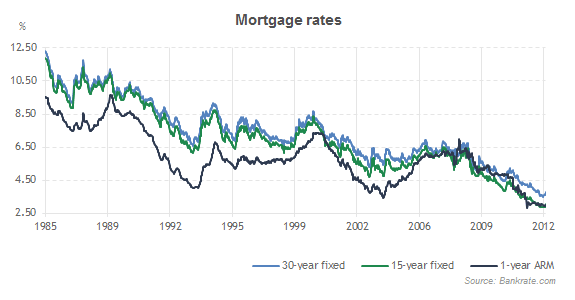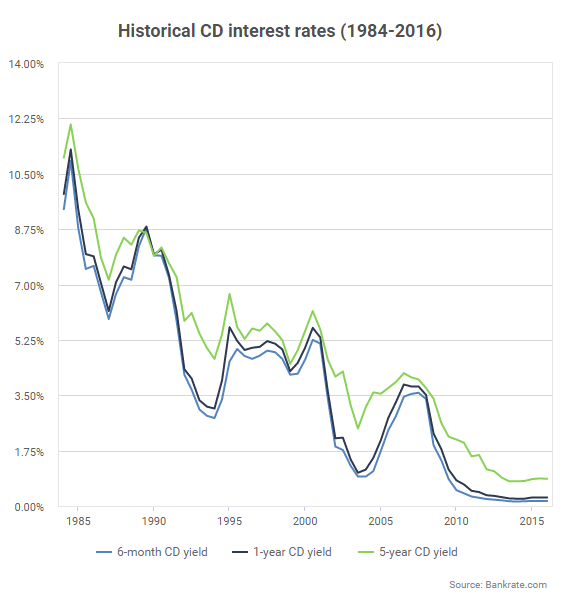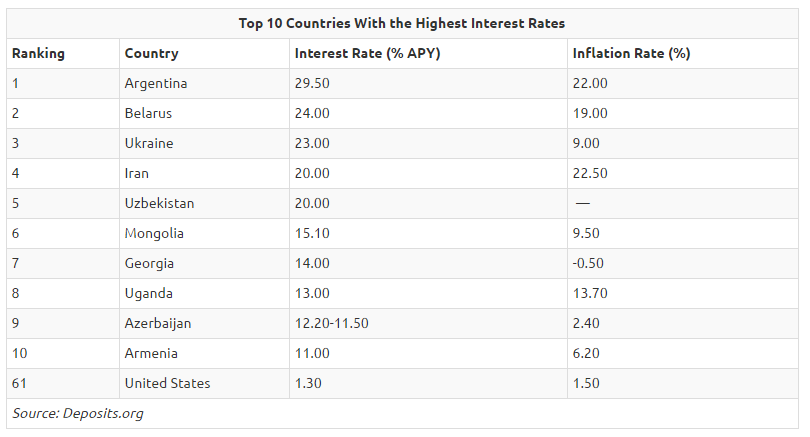The following is a list of a few mining stocks to consider coming into 2018. Some investors are eyeing mining stocks as an unappreciated sector in the past few years, and are looking to diversify their portfolio from overpriced stocks to some bargains. I have reallocated some gains from 2017 into the first option below in anticipation for a gold price increase to follow the recent commodity price increases. Please comment below if you have any other suggestions.
- Barrick Gold (Nasdaq: ABX) – the largest gold mining company in the world. With a PE Ratio (TTM) of only 7.00 trading at $14.00 this is a steal. The dividend is weak though, so the hope would be that the gold price rises or they can cut expenses and improve efficiency. This would probably be one of your best bets on gold prices. With the US dollar starting to decline against other currencies and commodity prices starting to rise this stock is essentially a bet on gold. The expected output of gold in 2017 is 5.3 million ounces and the expected output of copper is 420 million pounds. The size of the company means it is more likely to be able to weather an extended gold price trough. Another positive is that this company has not issued more shares for the past few years, meaning they are less likely to dilute the price. The drawback to this company is that is heavily dependant on gold and copper mining, so more or less betting on these two commodities. Today’s price is $14.00.
- GoldCorp (Nasdaq: GG) – another Canadian company, GoldCorp is essentially a smaller version of Barrick with a higher pricetag. GoldCorp estimates to mine 2.5 million ounces of gold in 2017 but claims to have plans to grow by 20% by 2021. If you want to invest in gold miners and want to spread across multiple companies, you can consider buying some of this stock. Today’s price is $13.22.
- BHP Billiton Limited (Nasdaq: BHP) – The world’s largest mining company. We aren’t talking gold – we are talking coal, iron, copper, potash, and petroleum. This company currently has a “average” P/E (TTM) ratio of 19, but boasts and excellent dividend of 1.72 or 4.1%. Today’s price is $42.30. Investing in this company is sort of like investing in the global economy, as the raw materials are used around the world. This company was hit by the economic slowdown of 2008, falling to $36, but then peaked in 2013 at over $94 per share. From 2011 to the end of 2015 the shares slowly slipped down to $22 per share but have since risen to their current price of $42.29.




